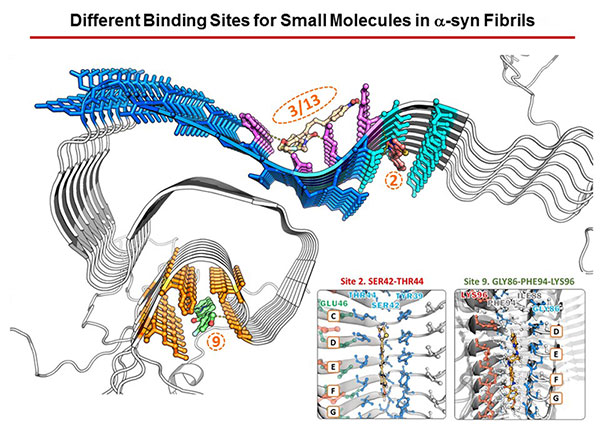
Focus
Our program focuses on the development of novel probes for use with the molecular imaging technique, positron emission tomography (PET).
The Radiopharmaceutical Chemistry and Biology Lab uses basic principles of medicinal chemistry and structural biology in the design and optimization of probes for use in preclinical and translational imaging studies. Current research focuses mostly on radiotracers for imaging PARP-1 expression in tumors ([18F]FTT), cell proliferation and quiescence ([18F]ISO-1) oxidative stress ([18F]ROStrace), dopamine receptor dysregulation, and abnormal protein aggregation in neurodegenerative disorders such as alpha synuclein in Parkinson’s disease.

Recent Publications
1. Makvandi M, Pantel A, Schwartz L, Schubert E, Xu K, Hsieh CJ, Hou C, Kim H, Weng CC, Winters H, Doot R, Farwell MD, Pryma DA, Greenberg RA, Mankoff DA, Simpkins F, Mach RH, Lin LL. A PET imaging agent for evaluating PARP-1 expression in ovarian cancer. J Clin Invest. 2018; 2116-2126.
2. Hou C, Hsieh CJ, Li S, Lee H, Graham TJ, Xu K, Weng CC, Doot RK, Chu W, Chakraborty SK, Dugan LL, Mintun MA, Mach RH. Development of a Positron emission tomography radiotracer for imaging elevated levels of superoxide in neuroinflammation. ACS Chem Neurosci. 2018; 9: 578-586.
3. Hsieh CJ, Ferrie JJ, Xu K, Lee I, Graham TJA, Tu Z, Yu J, Dhavale D, Kotzbauer P, Petersson EJ, Mach RH. Alpha synuclein fibrils contain multiple binding sites for small molecules. ACS Chem Neurosci. 2018; 9: 2521 - 2527.
Contact Us
Robert H. Mach, Ph.D.
Britton Chance Professor of Radiology
rmach@pennmedicine.upenn.edu
Janet Barrow
Administrative Coordinator
barrowj@pennmedicine.upenn.edu